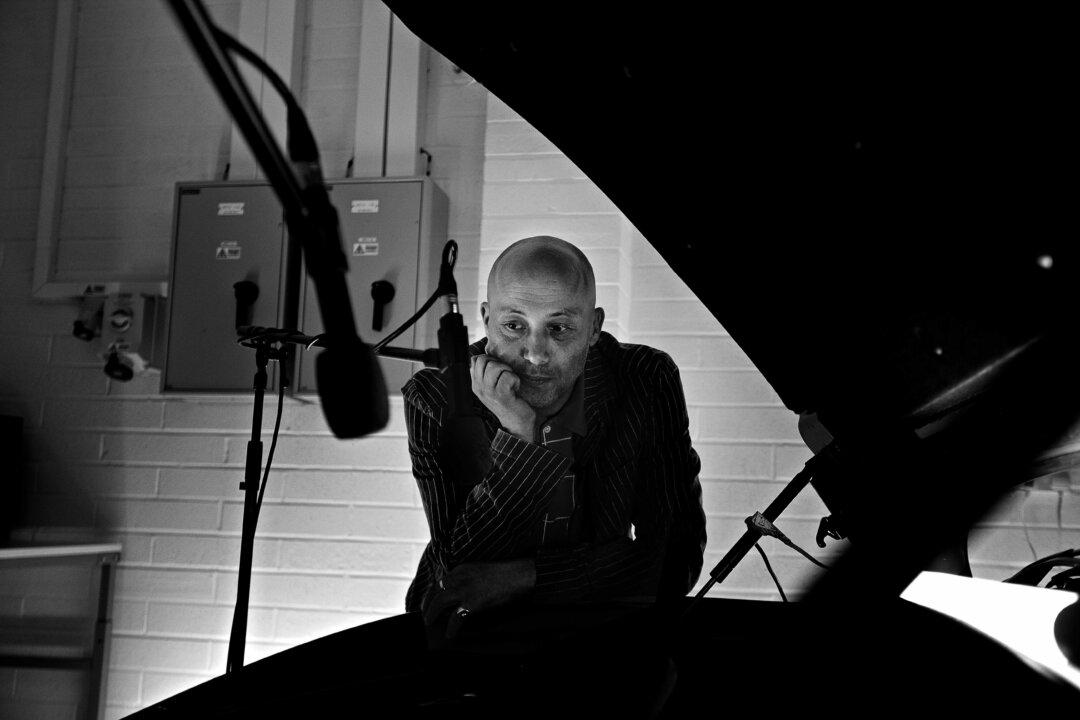The estimated body count rose to more than 500 on Monday after a massacre of Berom Nigerian Christian villagers by the Hausa-Fulani—a West African community of Muslims—in what local officials claim was retribution for violence in the city of Jos in January.
Several survivors claimed that Muslims within the village were warned several nights prior, and left with their families before the attacks occurred.
Eyewitness accounts claim the Hausa-Fulani began to set fire to houses, slaughtering families as they made attempts to escape.
Mass graves were dug in the wake of the violence in what has been been described as nothing short of horrific. While the violence appears to be religiously motivated between the opposing Muslim and Christian ethnic groups, according to the Archbishop of Abuja, it is more socio-economically motivated.
“It is a classic conflict between pastoralists and farmers, except that all the Fulani are Muslims and all the Berom are Christians,” said Archbishop John Onaiyekan on Vatican Radio.
These cases of sectarian violence have continued to plague Nigeria over the last 20 years. Violence has escalated in the landlocked city of Jos, Nigeria, over the last several years.
As of Monday evening, Nigerian state police stated that they have arrested 19 Fulani herdsmen in Anjuri village, and 74 from Mangu village, suspected of participating in the massacre. In addition, various weapons were seized by state authorities.
Several survivors claimed that Muslims within the village were warned several nights prior, and left with their families before the attacks occurred.
Eyewitness accounts claim the Hausa-Fulani began to set fire to houses, slaughtering families as they made attempts to escape.
Mass graves were dug in the wake of the violence in what has been been described as nothing short of horrific. While the violence appears to be religiously motivated between the opposing Muslim and Christian ethnic groups, according to the Archbishop of Abuja, it is more socio-economically motivated.
“It is a classic conflict between pastoralists and farmers, except that all the Fulani are Muslims and all the Berom are Christians,” said Archbishop John Onaiyekan on Vatican Radio.
These cases of sectarian violence have continued to plague Nigeria over the last 20 years. Violence has escalated in the landlocked city of Jos, Nigeria, over the last several years.
As of Monday evening, Nigerian state police stated that they have arrested 19 Fulani herdsmen in Anjuri village, and 74 from Mangu village, suspected of participating in the massacre. In addition, various weapons were seized by state authorities.



